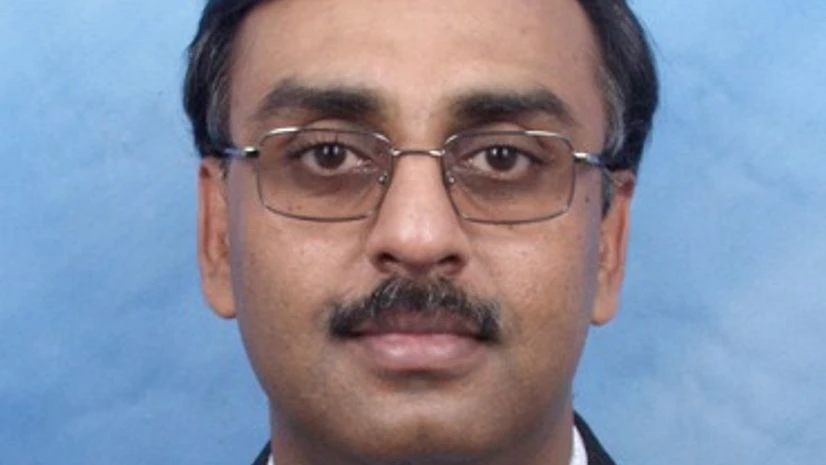A recent survey by Aspiring Minds on employability of engineers, suggested that less than 4 per cent of engineers, who graduated in 2015 have the skills to be employed in a technology start-up. Udai Singh, Chief Strategy Officer, NIIT shared with Vijay C Roy and Karan Choudhury that under the initiative StackRoute, NIIT aims to train 25,000 people over the next three years in cutting-edge programming skills to address technical manpower shortage in Start-ups. Edited Excerpts:
How is the Indian start-up ecosystem doing?
In recent years, the Indian start-up ecosystem has really taken off and come into its own. Now, India has truly become a ‘start-up nation’. India is the 4th country after the US and China in terms of strength, as currently it has 3,100 start-ups with an addition of 800 more every year. Since 2010, India is a home to a new breed of young start-ups and has evolved to become the third largest base of technology start-ups in the world.
More From This Section
The revolution in the start-up space has led to massive talent crunch. According to a Manpower report, 58 per cent of Indian employers are finding it difficult to fill positions and there is a significant talent shortage in the IT and accounting space. Close to 67 per cent Indian start-ups reported difficulty in filling job vacancies versus a global average of 34 per cent. The common Indian mind set says that getting a job with a big brand improves career growth more than a start-up and job security plays a vital role in decision making. Working at larger organisations is more secure and socially valuable than working with start-ups. It is not uncommon to see people working in start-ups being pressured from home to take up better jobs with larger organisations. Moreover, employee benefits are also minimal in start-ups when compared to big corporations. Hence, getting the right talent becomes challenging. Some other issues faced by start-ups are Location, Marketing Strategy, Legal Constraints and Funding.
How is NIIT addressing these issues?
The kind of software engineers needed by the start-up sector, are significantly different from what large IT services firms needed in the past for their huge software factories. Engineers need to be versatile and have full stack programming skills. Hence to create full stack programmers who can work on multiple technology domains, NIIT launched StackRoute in August last year. The product has been developed in intense consultation with the industry, start-ups, product engineering companies and incubators, and is strongly endorsed by all the key industry stakeholder. Under this initiative NIIT aims to train 25,000 people over the next three years in cutting-edge programming skills. Plans are afoot to launch new R&D centre for StackRoute and to introduce new age programmes.
How many people have been trained till now?
We are targeting to train 2500-3000 students by the end of this year. The first batch of StackRoute commenced in October last year for Wipro. The company aims to add eight more clients in the next three years which includes top IT companies. Technology companies including Redmart, Trellisys, Rorko, NIIT Technologies, EntLogics & Posist has also show keen interest in StackRoute.
Any plans of tie-ups for this training?
We gradually plan to train individuals as well, but right now, we providing training to corporates.
What are your revenue projections?
In August, NIIT had launched StackRoute, which enables working professionals to develop the skills needed for implementation of digital technologies. We expect to get 5-10 per cent of its revenues from the newly-launched re-skilling programme StackRoute in two-three years.

)
